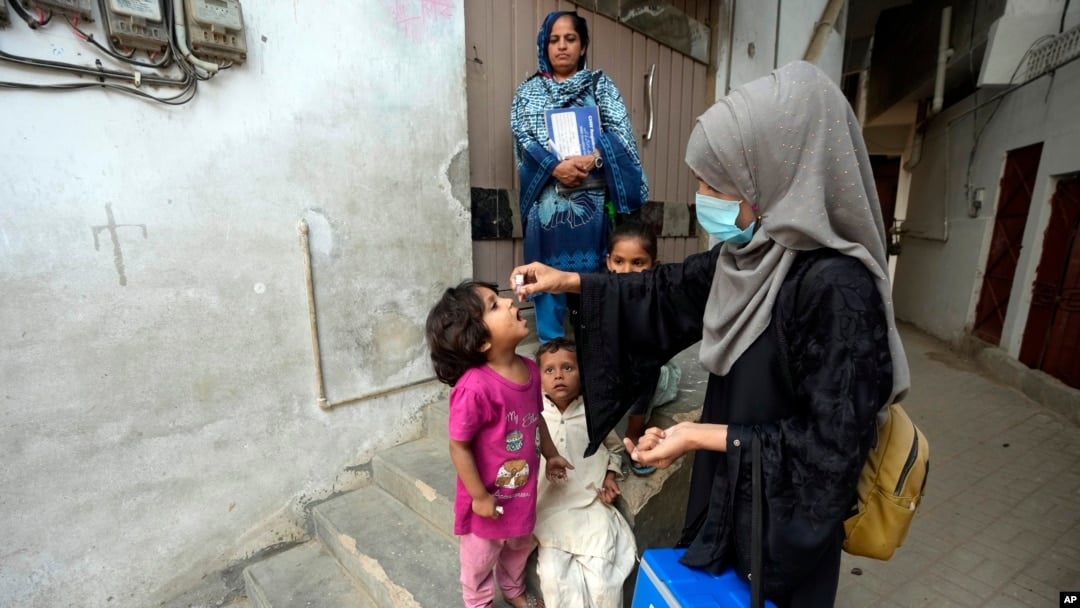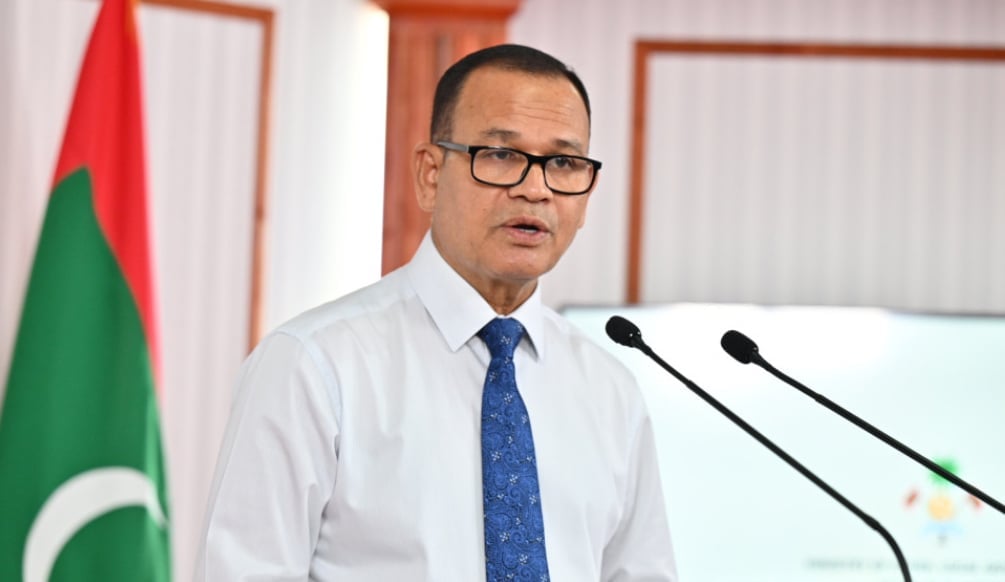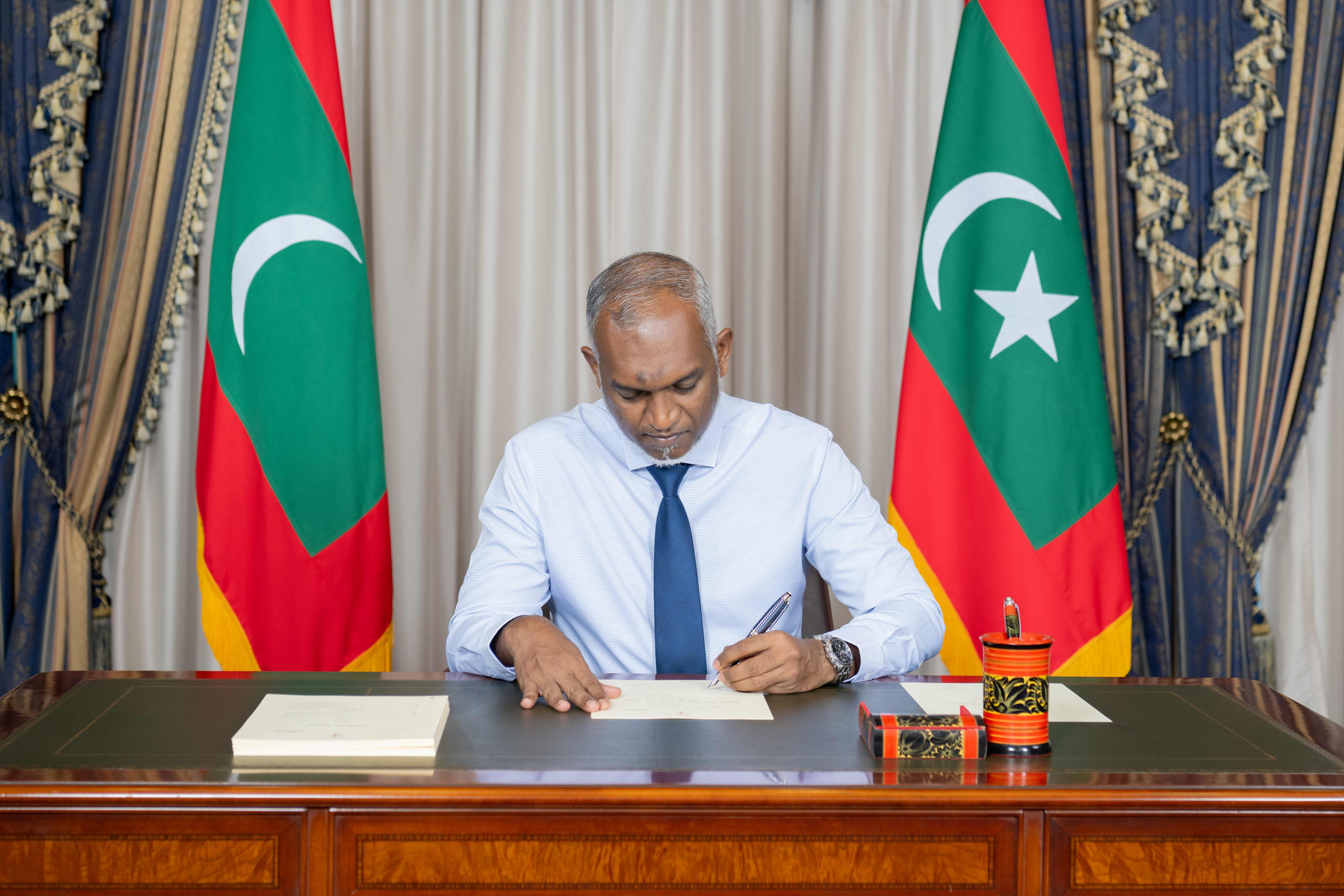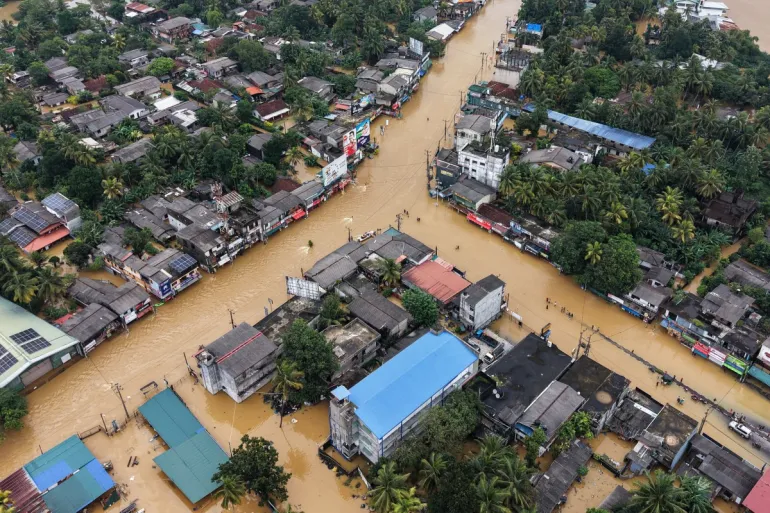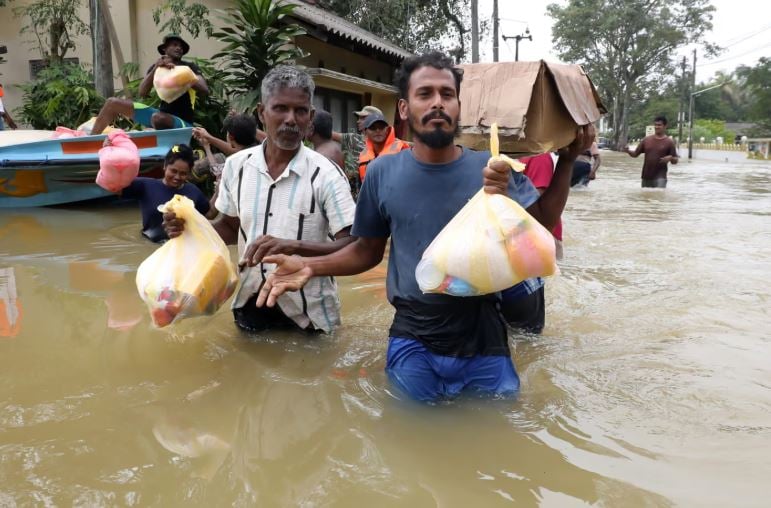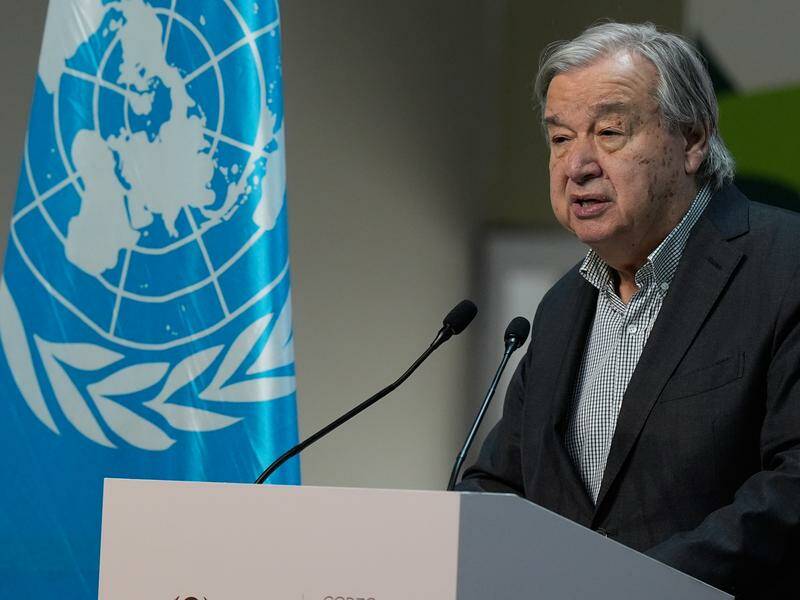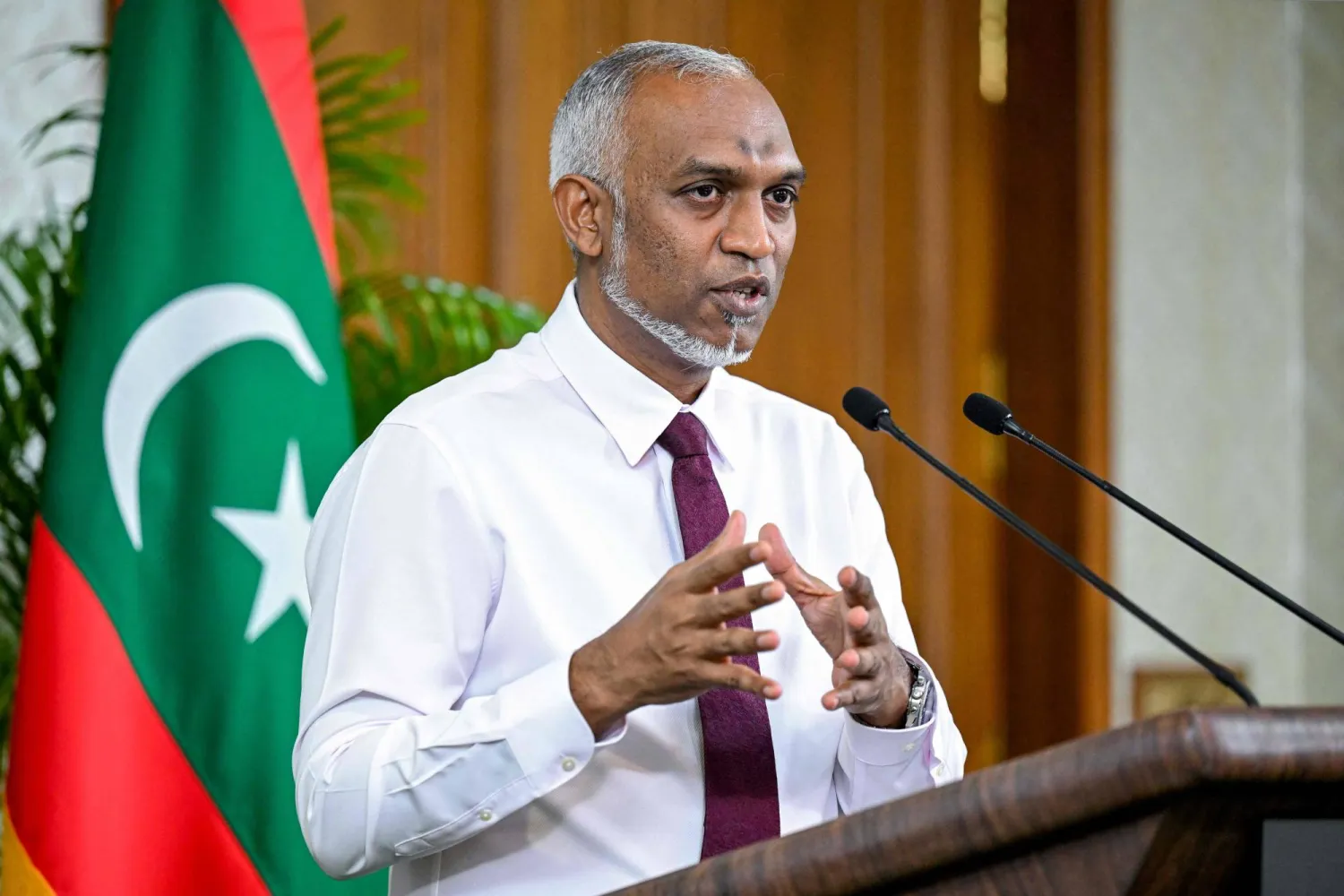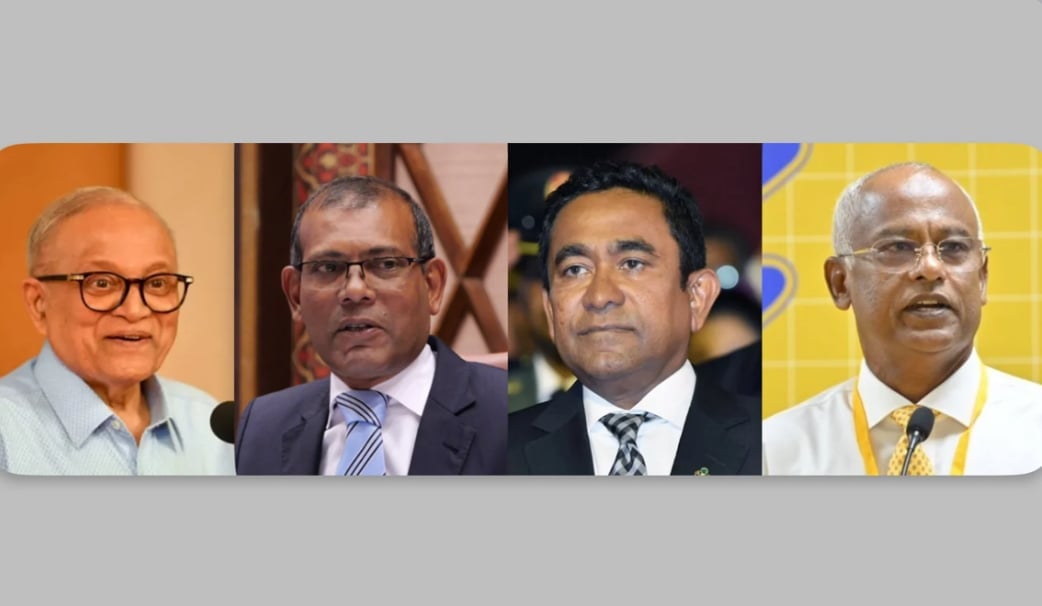With a new vaccination campaign set to launch on October 28, health officials are expressing alarm over a significant rise in polio cases in Pakistan.
Since January, the country has reported 39 confirmed cases, compared to just six during the same period last year, according to Anwarul Haq of the National Emergency Operation Center for Polio Eradication.*
The upcoming nationwide campaign aims to vaccinate at least 32 million children, with Haq emphasizing the urgency of these efforts. “The whole purpose of these campaigns is to achieve the target of making Pakistan a polio-free state,” he stated.
Despite persistent challenges, including violence against health workers and the police assigned to protect them, Pakistan continues its efforts to combat polio. Militants have propagated the false narrative that vaccination efforts are part of a Western conspiracy to sterilize children, further complicating the public health initiative.
Most of the recent cases have been reported in Balochistan and Sindh, followed by Khyber Pakhtunkhwa and Punjab. This geographic shift in polio cases is concerning, as previous outbreaks were largely confined to the restive northwest bordering Afghanistan. The situation is exacerbated by the Taliban’s recent decision to abruptly stop door-to-door vaccination campaigns in Afghanistan, raising fears of increased cross-border transmission.
Pakistan and Afghanistan are the only two countries where polio remains endemic. The World Health Organization has confirmed 18 polio cases in Afghanistan this year, a significant rise from six cases in 2023. Most of these cases were reported in the south of the country. Notably, a house-to-house vaccination strategy implemented in June marked the first such initiative in five years and successfully reached a large number of children.
Health officials in Pakistan are advocating for simultaneous anti-polio drives in both countries, recognizing the critical need for coordinated efforts to prevent the spread of the disease. As the new vaccination campaign approaches, authorities are determined to overcome the challenges posed by violence and misinformation in their quest to protect future generations from polio.
Since January, the country has reported 39 confirmed cases, compared to just six during the same period last year, according to Anwarul Haq of the National Emergency Operation Center for Polio Eradication.*
The upcoming nationwide campaign aims to vaccinate at least 32 million children, with Haq emphasizing the urgency of these efforts. “The whole purpose of these campaigns is to achieve the target of making Pakistan a polio-free state,” he stated.
Despite persistent challenges, including violence against health workers and the police assigned to protect them, Pakistan continues its efforts to combat polio. Militants have propagated the false narrative that vaccination efforts are part of a Western conspiracy to sterilize children, further complicating the public health initiative.
Most of the recent cases have been reported in Balochistan and Sindh, followed by Khyber Pakhtunkhwa and Punjab. This geographic shift in polio cases is concerning, as previous outbreaks were largely confined to the restive northwest bordering Afghanistan. The situation is exacerbated by the Taliban’s recent decision to abruptly stop door-to-door vaccination campaigns in Afghanistan, raising fears of increased cross-border transmission.
Pakistan and Afghanistan are the only two countries where polio remains endemic. The World Health Organization has confirmed 18 polio cases in Afghanistan this year, a significant rise from six cases in 2023. Most of these cases were reported in the south of the country. Notably, a house-to-house vaccination strategy implemented in June marked the first such initiative in five years and successfully reached a large number of children.
Health officials in Pakistan are advocating for simultaneous anti-polio drives in both countries, recognizing the critical need for coordinated efforts to prevent the spread of the disease. As the new vaccination campaign approaches, authorities are determined to overcome the challenges posed by violence and misinformation in their quest to protect future generations from polio.





